
Government's Attitude Can Change for the Worse: Diageo completed its acquisition of Shui Jing Fang, Chinese maker of baijiu (liquor generally made of rice) in july 2013. 12 months later Diageo had to write down the value after Shui Jing Fang's sales fell 78% in response to Chinese government’s ban on giving of “gifts” to officials. In Kenya, government imposed unexpected tax on Diageo’s beer in Kenya.
Foreign Exchange Rate Risk: Russia's (t)rouble and Nigeria's Naira are tanking because of exposure to falling oil prices. Russia's dispute with West over Ukraine, and sanctions not helping. Sudden depreciation of Venezuelan bolívar caught several MNC off guard.
Political Risk: Russia's dispute with West over Ukraine, and the imposition of sanctions on Russia, has forced Russia to respond with imposing its own ban on the import of some western products or more bureaucratic interference with locally run businesses of Western MNCs. Russia has excluded spirits from ban it imposed on some Western imports in response to sanctions, but this could easily change. Jack Daniel’s Tennessee Honey, flavoured whiskey from America, and Kentucky Gentleman bourbon, already removed from Russian shops’ shelves under pretext of violations of consumer safety.
Economic Policy Risk: Economic mismanagement has put end to Brazil’s once-bright prospects for sustained high growth.
For foreseeable future most MNC profits will come from home markets and rich world, and most of investments will be put into poorer places looking for future growth. Recipe comes with no guarantee of success, and sustainable success even more difficult if do not take real emerging market risks into account.
Source:
http://www.economist.com/news/business/21635022-emerging-markets-are-grim-global-spirits-firms-america-looks-good-cheers-uncle-sam
CKB Solutions is all about real solutions for the real world. To learn how we can help your business, contact Greg Kovacic in Hong Kong.


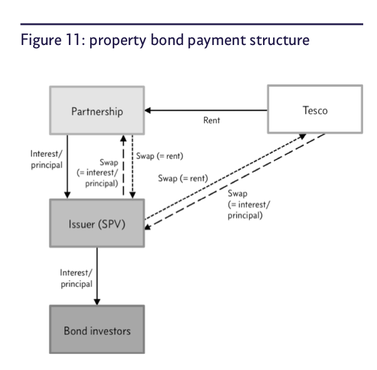

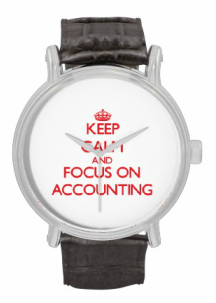


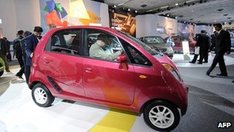
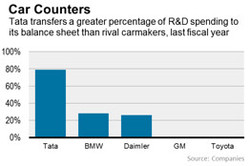
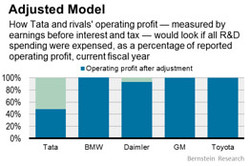













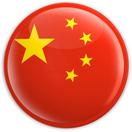

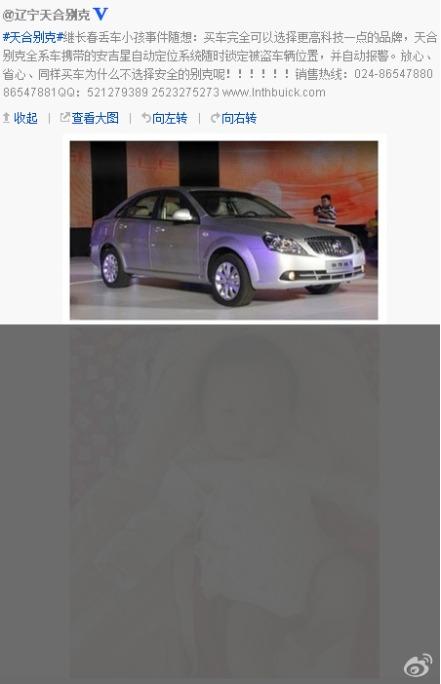




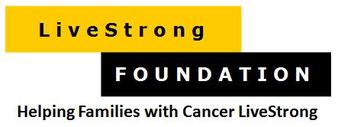
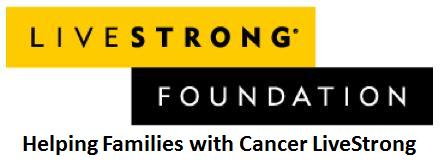

 RSS Feed
RSS Feed
